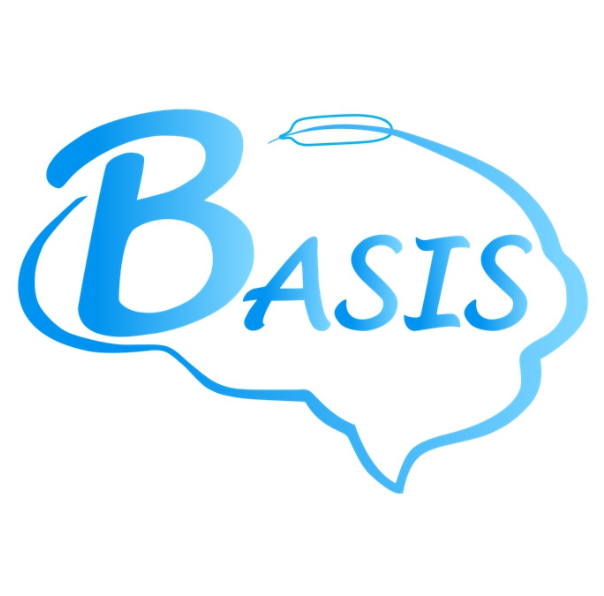Clinical Trials
BASIS

Official Title
A Multicenter, Prospective, Randomized, Open-label, Blinded End-point Clinical Study to Evaluate the Safety and Efficacy of Intracranial Balloon Angioplasty Plus Aggressive Medical Management for Symptomatic Intracranial Artery Stenosis (BASIS)
Brief Summary
Intracranial atherosclerotic disease (ICAD) is the most common cause of ischemical cerebrovascular events. The risk of stroke recurrence or death of ICAD patients remains very high. Even with aggressive medical management including dual antiplatelet therapy and strict management of risk factors, 12.2 percent of patients with 70-99 percent stenosis of intracranial artery had stroke or death during 1 year follow-up. In the real world, the 30-day risk of recurrent stroke of patients with aggressive medical management was as high as 20.2 percent. Balloon angioplasty and stent for intracranial artery have become important alternative treatments to prevent recurrent stroke for patients with severe intracranial atherosclerotic stenosis. Nevertheless, the SAMMPRIS trial has suggested intracranial stenting has higher stroke and death rate than aggressive medication with high peri-procedure complication rate. Previous nonrandomized studies have showed that stroke and death rate of angioplasty for ICAD patients with severe stenosis of intracranial artery is lower than that of aggressive medication. The primary purpose of this trial is to compare intracranial angioplasty plus aggressive medical management with aggressive medical management alone for the treatment of patients with 70-99 percent intracranial artery stenosis because of ICAD and to clarify the efficacy and safety of intracranial angioplasty through a multicenter, prospective, randomized, open-label, blinded end-point trial.
Detailed Description
This trial is a multicenter, prospective, randomized, parallel controlled trial. A total of approximately 512 patients (35-80 years of age) with primary or recurrent sICAS (a recent TIA[<90 days] or ischemic stroke [14-90 days] before enrollment attributed to 70-99% atherosclerotic stenosis of a major intracranial artery) receiving treatment with at least one antithrombotic drug and/or standard medical management of vascular risk factors will be enrolled. Patients fulfilling all of the inclusion criteria and none of the exclusion criteria will be randomized into two groups according to the 1:1 ratio after offering informed content: 1) Experimental group will receive intracranial angioplasty plus aggressive medical management which is the same as the control group; 2) Control group will receive aggressive medical management only. Aggressive medical management includes 100 mg/day of aspirin during the follow-up period; 75 mg/day of clopidogrel within 90 days after enrollment, and whether clopidogrel should continue to be used depends on the actual situation of the subjects; 20-80mg/day of atorvastatin should be used during the year after enrollment, and dose adjustment to target LDL <1.8mmol/L or <70 mg/dl. Both groups will receive risk factors management including blood pressure to maintain 130-140/80-90 mmHg and LDL lower than 70 mg/dl or 1.8mmol/L. The primary objective is to evaluate the safety and efficacy of intracranial angioplasty combined with aggressive medical management for symptomatic intracranial artery stenosis. The study consists of 11 visits including the day of screening and randomization, the day when the subject receive intracranial angioplasty and/or aggressive medical management, the day before the subject is discharged from hospital, 30, 90,180 days and 1 year after enrollment, and every half a year after then until the third year. Demographic information, symptoms and signs, laboratory test, neuro-imaging assessment neurological function rating scale will be recorded during the program. The trial is anticipated to last from October 2018 to May 2025 with 512 subjects recruited from 31 centers in China. All the related investigative organization and individuals will obey the Declaration of Helsinki and Chinese Good Clinical Practice standard. A Data and Safety Monitoring Board (DSMB) will regularly monitor safety during the study. The trial has been approved by the ethics committee of Beijing Tiantan Hospital and corresponding branch centers.
Principal Investigator
Yilong Wang, Zhongrong Miao
Study Start (Actual)
2018-10-17
Primary Completion (Estimated)
2023-05-02
Study Completion (Estimated)
2023-05-
Enrollment (Estimated)
512

